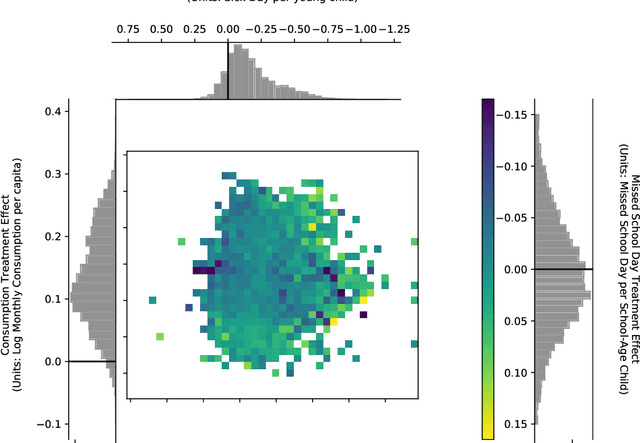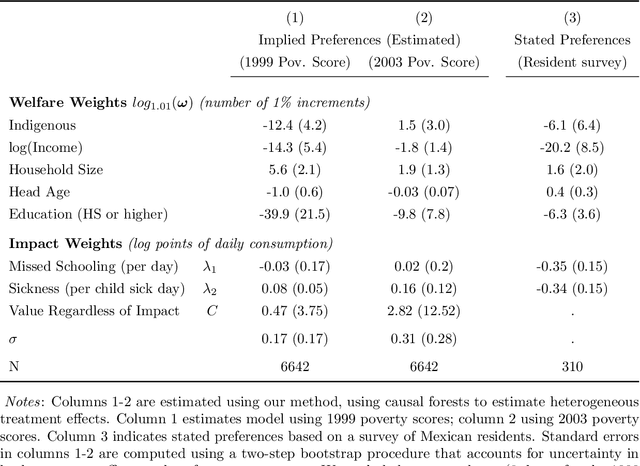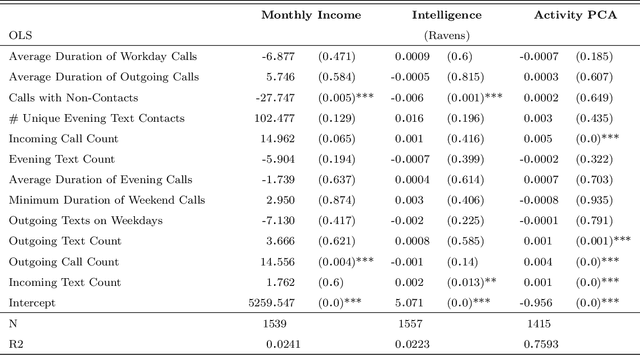Samsun Knight
(Machine) Learning What Policies Value
Jun 01, 2022



Abstract:When a policy prioritizes one person over another, is it because they benefit more, or because they are preferred? This paper develops a method to uncover the values consistent with observed allocation decisions. We use machine learning methods to estimate how much each individual benefits from an intervention, and then reconcile its allocation with (i) the welfare weights assigned to different people; (ii) heterogeneous treatment effects of the intervention; and (iii) weights on different outcomes. We demonstrate this approach by analyzing Mexico's PROGRESA anti-poverty program. The analysis reveals that while the program prioritized certain subgroups -- such as indigenous households -- the fact that those groups benefited more implies that they were in fact assigned a lower welfare weight. The PROGRESA case illustrates how the method makes it possible to audit existing policies, and to design future policies that better align with values.
Manipulation-Proof Machine Learning
Apr 08, 2020



Abstract:An increasing number of decisions are guided by machine learning algorithms. In many settings, from consumer credit to criminal justice, those decisions are made by applying an estimator to data on an individual's observed behavior. But when consequential decisions are encoded in rules, individuals may strategically alter their behavior to achieve desired outcomes. This paper develops a new class of estimator that is stable under manipulation, even when the decision rule is fully transparent. We explicitly model the costs of manipulating different behaviors, and identify decision rules that are stable in equilibrium. Through a large field experiment in Kenya, we show that decision rules estimated with our strategy-robust method outperform those based on standard supervised learning approaches.
 Add to Chrome
Add to Chrome Add to Firefox
Add to Firefox Add to Edge
Add to Edge